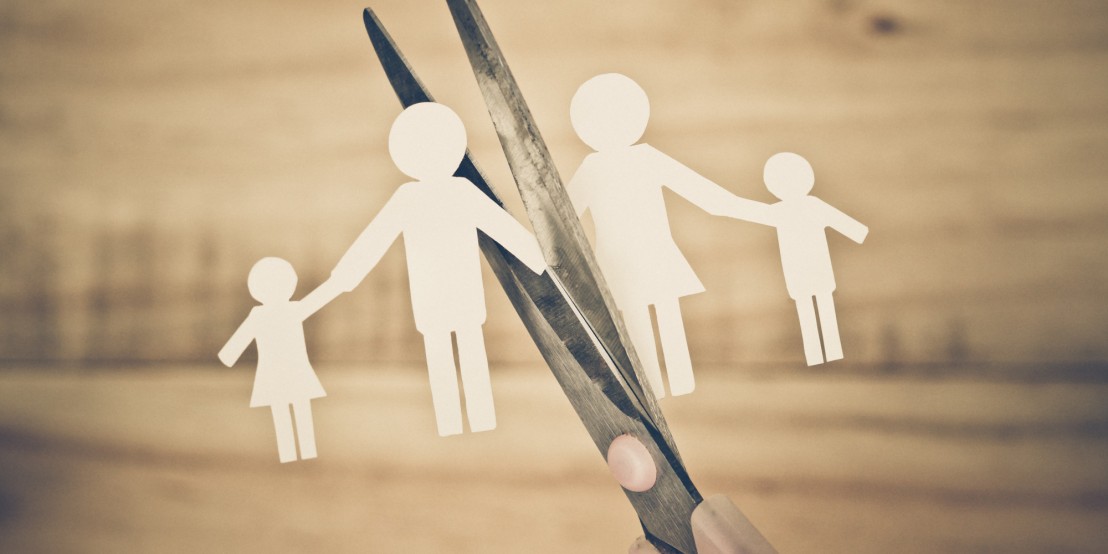As college students, our lives revolve around learning and memory. I am always on the lookout for new study tips and the most effective ways to study for certain courses. Study tips are never in short supply either. They can be found all over the internet, blog pages, YouTube, Pinterest, etc. Just like most other things, not everything we read about study tips on the internet is true.
A few years ago, The Huffington Post published an article called “9 Awesome Study Tips For College Students”. Many good tips were included in the article such as the use of flashcards. Flashcards are a great tool since they allow you to practice retrieving information. They also make it very easy to interleave content. By shuffling the flashcards, the material can be studied out of order. This allows the student to practice recalling the material with fewer retrieval cues such as the word right before it or its location within the chapter. Another good tip was to take multiple tests. This is great since it allows the student to learn and practice in a method similar to the real exam. This is part of the context effect which explains that we can better remember things in an environment similar to where we learned the material. This then leads to another tip that was given. The article stated that it is best to “alternate study spaces”. This may not be the best idea because of the context effect. If possible, it is best to study in the place where the exam will be taken or in a space similar to the classroom.
A second article I read was targeted towards high school students. This article also contained useful advice. One of the tips was concentration. It talked about staying focused in class and paying close attention to what is being taught. I though tis was very interesting because this is a very true and helpful tip that is not usually discussed. Our sensory memory allows us to take in information about our surroundings. This information, however, only lasts about a second if it is not used. Therefore, attention will determine what comes out of our sensory memory and into our working memory. If the student is paying attention to his or her phone and only faintly listening to the teacher, then he or she will most likely not retain the material. Another slightly unusual tip was given which was making flashcards using colored index cards. I’m not sure exactly how much this would help. The colors may stimulate the brain but the studies regarding this would have to be looked at since no evidence was provided in the article.
The third article I read was targeted towards parents. Since it is best that the students do their own work without their parents doing it for them, most of the tips revolved around creating a good study environment for the student and helping them get organized. One of the tips was to help the child create a plan to split up large projects or multiple homework assignments. This is a good tip since distributed practice is a great method for effortful encoding. By studying material in smaller chunks the material can be properly organized. Studying a small amount daily will also strengthen the connections in the brain. Another tip was to set up a “homework-friendly area” where the child can complete their work without any distractions around them. This goes back to attention discussed in the previous article and how attention determines what makes it into our working memory.
Overall, all of the articles I read had a lot very good tips, many of which I saw in all three articles. I think it is important to check the credibility of a source when investigating study tips. Also, each person has different preferences and organizes things differently so study methods should be tested since a method that works for one person may not work for all. It is best to test what works best for you personally and as long as study habits are established and proper time management skills are exercised, the student will be very likely to succeed.
Articles:
9 Awesome Study Tips For College Students. (2011, May 25). Retrieved April 2, 2017, from The Huffington Post: http://www.huffingtonpost.com/2010/09/08/study-tips-for-college-_n_709096.html
Gabor, E. J. (2015, January). Top 10 Homework Tips. Retrieved April 2, 2017, from KidsHealth: http://kidshealth.org/en/parents/homework.html
WISE Study Tips Top 10 Skills for High-School Students. (n.d.). Retrieved April 2, 2017, from Auburn University: https://cws.auburn.edu/shared/content/files/50/WISE_Study_Tips.pdf
